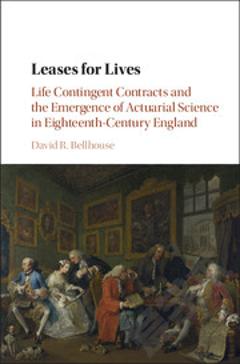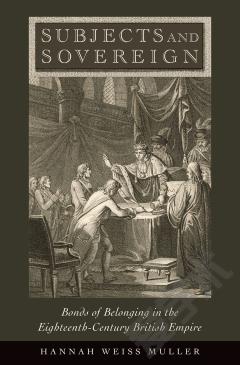Leases for Lives: Life Contingent Contracts and the Emergence of Actuarial Science in Eighteenth-Century England
Many historians of insurance have commented on the disconnect between the rise of English life insurance companies in the early eighteenth century and the mathematics behind the sound pricing of life insurance products that was developed at about the same time. Insurance and annuity promoters typically ignored this mathematical work. Bellhouse explores this issue, and shows that the early mathematical work was not motivated by insurance but instead by the fair valuation of life contingent contracts related to property. Even the work of the mathematician James Dodson in the creation of the Equitable Life Assurance Society, offering sound actuarially based premiums, did not change the industry in any significant way. The tipping point was a crisis in 1770 in which the philosopher and mathematician Richard Price, as well as other mathematicians, showed that a dozen or more recently formed annuity societies could not meet their financial obligations and were inviable.
{{comment.content}}








 京公网安备 11010802027623号
京公网安备 11010802027623号